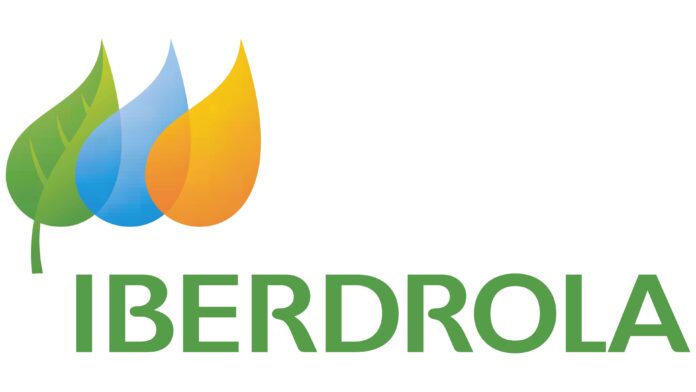- The Federal Maritime and Hydrographic Agency (BSH) grants approval for the Baltic Eagle offshore wind farm
- Upon completion, Baltic Eagle will have an installed capacity of 476 MW and will supply over 50% of private households in Mecklenburg-Vorpommern with sustainable energy.
Iberdrola has successfully completed the planning approval process for the Baltic Eagle offshore wind farm and received a positive decision from the BSH. The company has thus reached another particularly important milestone and is now moving forward with the construction phase of the second wind farm project in the German Baltic Sea.
Once the construction phase begins, all central components will be installed on site in 2023, in an intensive campaign, with commissioning scheduled for 2024. Baltic Eagle is the second project in Iberdrola’s so-called “Baltic Hub” and will alone avoid emissions of around 800,000 tonnes of CO2 per year. In total, the Baltic Hub will have an installed capacity of more than 1.1 GW by 2026 with total investment of around 3.5 billion euros.
Iris Stempfle, Managing Director of Iberdrola in Germany, emphasises: “We are pleased about the positive decision and are very grateful for the constructive dialogue with the authorities. With Baltic Eagle alone, we will supply around 475,000 households in the region with green electricity and make a further contribution to the local value chain and the German energy transition.”
Iberdrola is currently beginning the exploration of explosive ordnance on the seabed. The company has commissioned the large-scale investigation of the seabed and the professional disposal of possible finds, thus ensuring a safe working environment for the construction work at the wind farm.
First wind farm components for Baltic Eagle completed
The Rostock-based company EEW Group Special Pipe Constructions (EEW SPC) has meanwhile completed the first monopile for Baltic Eagle out of the 50 units the German supplier will be manufacturing for the site. The steel pylons, which are between 75 and 90 metres long, serve as foundations for the wind turbines.
Additionally, the Spanish company Windar has fabricated the first transition piece – connecting the turbine tower and the foundation – which is being tested in a mock-up trial, thus guaranteeing a safe installation process.
The manufacturing process for the offshore substation (OSS) for Baltic Eagle is also advancing. The platform will be delivered to the site this year, as planned. It is one of the key elements for connecting the wind farm to the grid, as it feeds the electricity generated by a total of 50 wind turbines (estimated at 1.9 terawatt hours per year) into the transmission grid. The OSS will be built and operated jointly by Iberdrola and the transmission grid operator 50Hertz.
About Iberdrola
Iberdrola is a leading global energy company, number one in wind power generation and one of the largest electricity suppliers in the world by market capitalisation. The Group supplies energy to almost 100 million people in dozens of countries, including Spain, Germany, the United Kingdom, the United States, Brazil, Mexico, Portugal, Italy, France, Australia and Greece, and is also present as an innovator in other markets such as Japan, Ireland, Sweden and Poland. With more than 38,000 employees and assets of more than €141 billion, the company generated a turnover of €39 billion and a net profit of more than €3.8 billion in 2021.
The company helps sustain 400,000 jobs along its supply chain, with an annual procurement volume of €14 billion. As a pioneer in the fight against climate change, the company has invested more than €130 billion over the last two decades in building a sustainable energy model based on rigorous environmental, social and governance (ESG) principles. In addition, Iberdrola is actively committed to achieving the Sustainable Development Goals.




